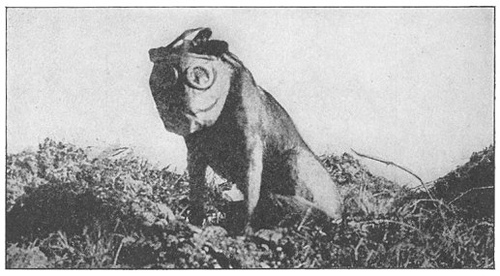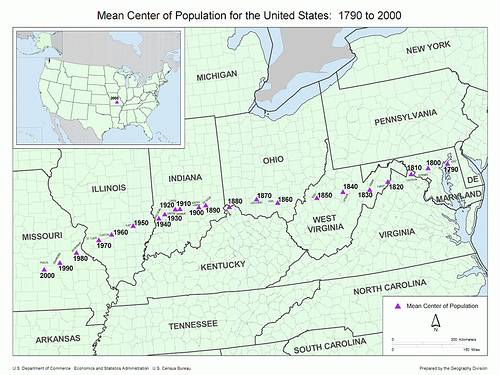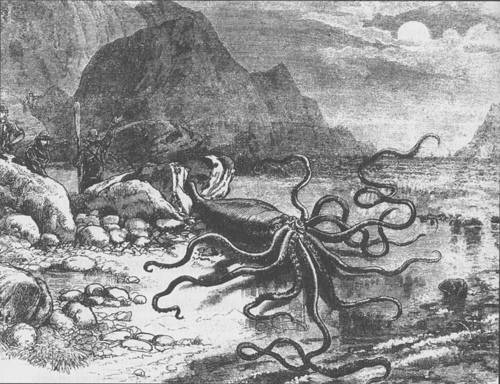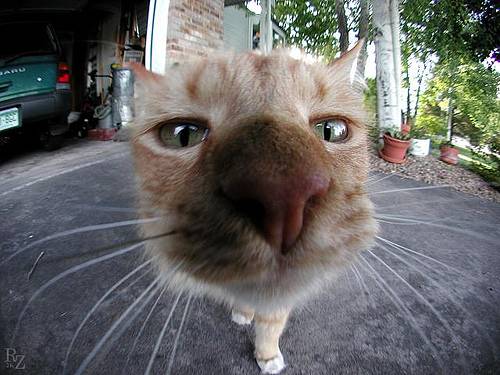Apparently bored in 1896, Texas railroad agent William G. Crush decided to make his own fun. He got two 35-ton train engines, painted one green and one red, and set them at opposite ends of a four-mile track. Then he sent them toward each other at 45 mph:
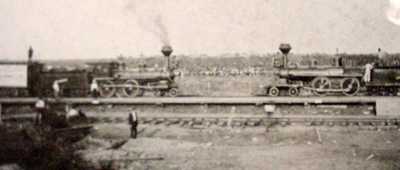
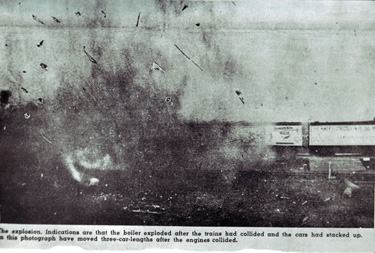
Viewed strictly as a publicity stunt, it was a great success: Crush’s advertising had attracted more than 40,000 spectators. Unfortunately, falling debris killed two of them. Moral: Stick to pinochle.

